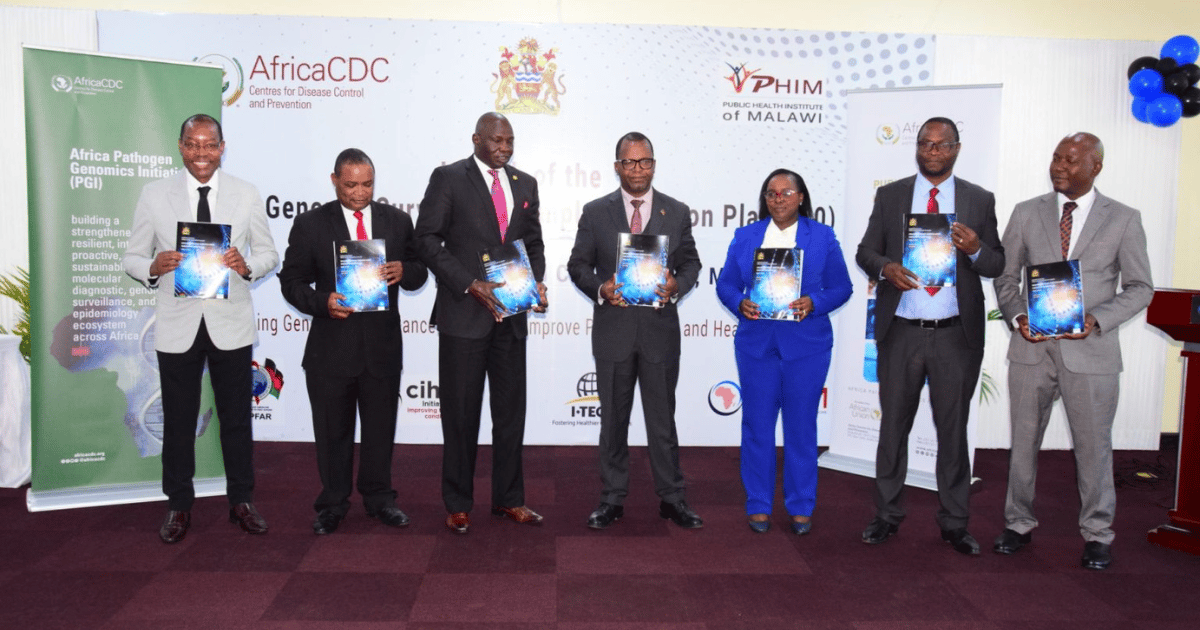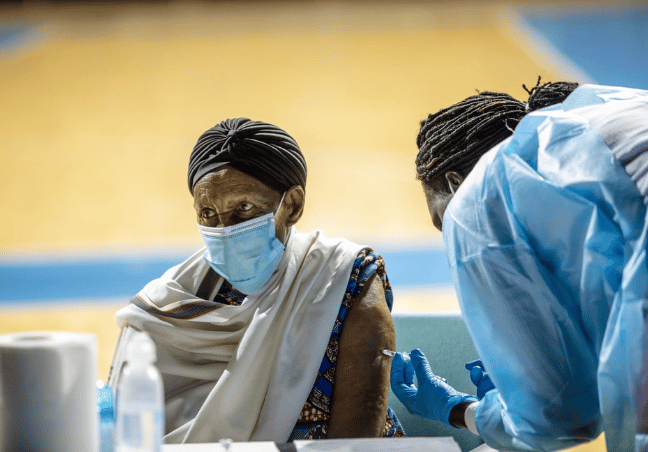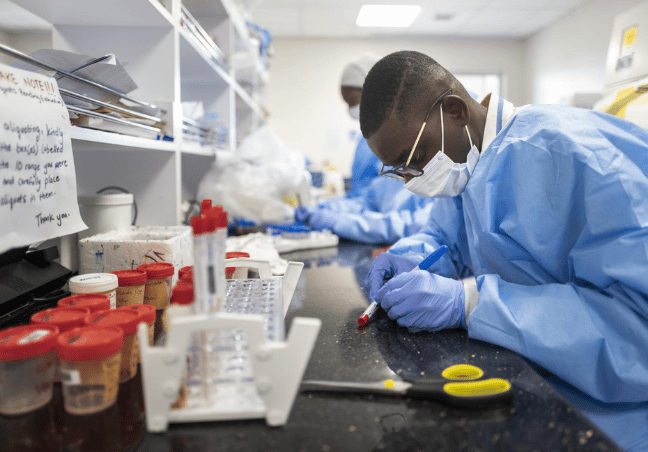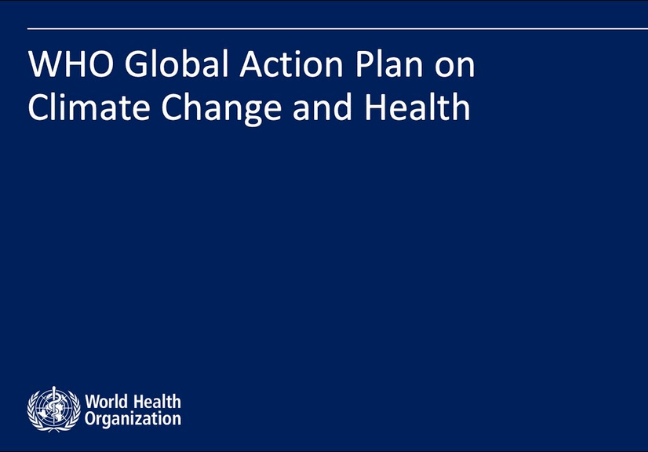Dear subscriber, this is a prototype. Please help us with feedback and tips. Just press reply.
A pilot mobile clinical trials unit is being built at Abubakar Tafawa Balewa University Teaching Hospital in Bauchi, northern Nigeria. It aims to bring vaccine research directly to underserved communities. The mobile clinic will have a laboratory, pharmacy, vaccine cold storage, satellite internet for data transfer and air filtration and biosafety systems.
The rollout of rural research and clinical trial centres across Africa could mark a turning point for the continent’s vaccine manufacturing ambitions as climate change disrupts disease patterns.
Benefits include strengthened regulatory systems, improved public trust in local vaccines, decentralised infrastructure for faster trials, approvals and outbreak responses.
Our take: The trust gap remains one of the biggest barriers to vaccine uptake in Africa…Read more (2 min)
More than half the total health venture & grant funding we track was allocated to addressing infectious diseases in June. Of this, $11.3 million was specifically dedicated to TB and malaria. The Global Fund to Fight AIDS, Tuberculosis and Malaria received $872,618 to prepare for the continent-wide rollout of affordable, innovative TB diagnostics.
Uganda’s Infectious Diseases Research Collaboration was awarded $455,000 to investigate how malaria chemoprevention affects immunity in children. The largest grant for infectious diseases, amounting to $10 million, was given to EPFL and Lausanne University Hospital (CHUV) for the deployment of an AI-powered lung ultrasound tool aimed at improving TB diagnosis.
Artificial intelligence was a clear funding priority. Senegal’s Kera Health secured $10 million to develop an integrated digital health platform linking records, diagnostics and insurance services. Notably, the EPFL-CHUV diagnostic tool is also AI-powered, highlighting the growing role of intelligent systems in Africa’s disease response.
Our take: Testing capacity for epidemic-prone diseases is essential to enable rapid and accurate identification of causative agents…Read more (2 min)
On 27 May 2025, the WHO Climate Change and Health Action Plan was adopted during the 78th World Health Assembly to tackle the increasing health impacts of climate change by strengthening both global and national health systems. Our analysis reveals that two other major climate-health policies were launched in the past three months.
During the same 78th World Health Assembly, WHO member states adopted the first-ever Pandemic Agreement. This agreement establishes a system to reserve 20% of vaccines, treatments and diagnostics for WHO-led distribution, ensuring timely and equitable access during future pandemics.
In June, Smart Africa and GIZ signed a Strategic Cooperation Framework on Digital Health to support the creation of the African Health Data Space, a cross-border system for sharing health data. The goal is to enhance access, reliability and utilisation of health data among African Union member states.
Our take: Policies are only as strong as the money and mechanisms behind them. Less than 1% of climate finance currently goes to health…Read more (2 min)
____________________


Malawi launches second edition of Pathogen Genomic Surveillance Strategy and implementation plan.
Events
🗓️ Join the International Conference on Medical Ethics in Kenya (July 12)
🗓️ Attend the Africa Health Business Symposium in Nigeria (July 16)
🗓️ Participate in the World Health Expo in Kenya (October 6)
Jobs
🧑⚕️ Apply to be the Regional Networking Advisor at MSF (Kenya)
🧑⚕️ Join the International Medical Corps as an Assistant Nurse (Cameroon)
🧑⚕️ Become the Patient Services Coordinator at Sigma Group (Nigeria)
🧑⚕️ Be the next Technical Director, One Health at Amref Health Africa (Kenya)
Various
💉 India to set up a vaccine manufacturing hub in Ghana
📱 Donor partners launch IMonitor to enhance community health in Kenya
📊 Experts reccomend digitization and harmonization of health data
Seen on LinkedIn
Nomfundo Khabela, the Strategic Relationships Executive at Healthbridge, says, “Strengthening primary healthcare services is the only solution to improving the state of healthcare in Africa. And patient-centred payment models are the most sustainable means to achieve this.”
____________________


